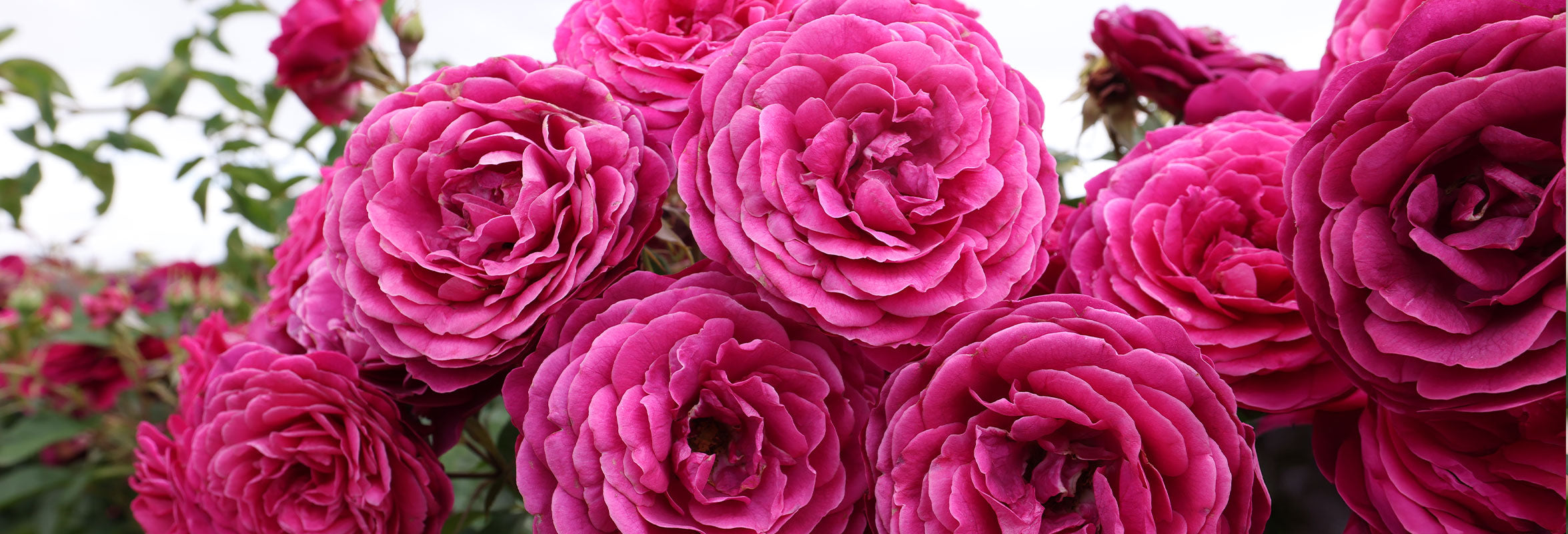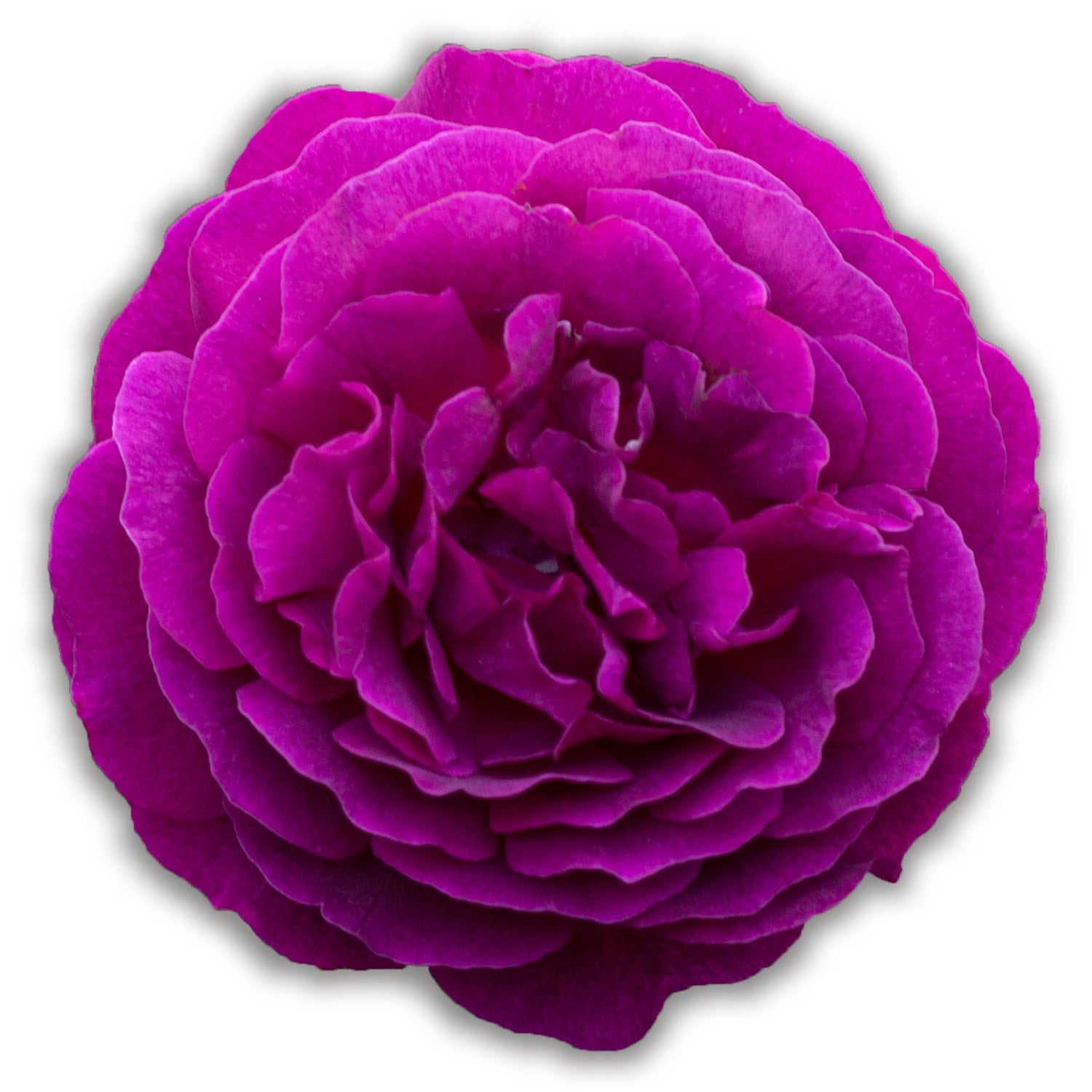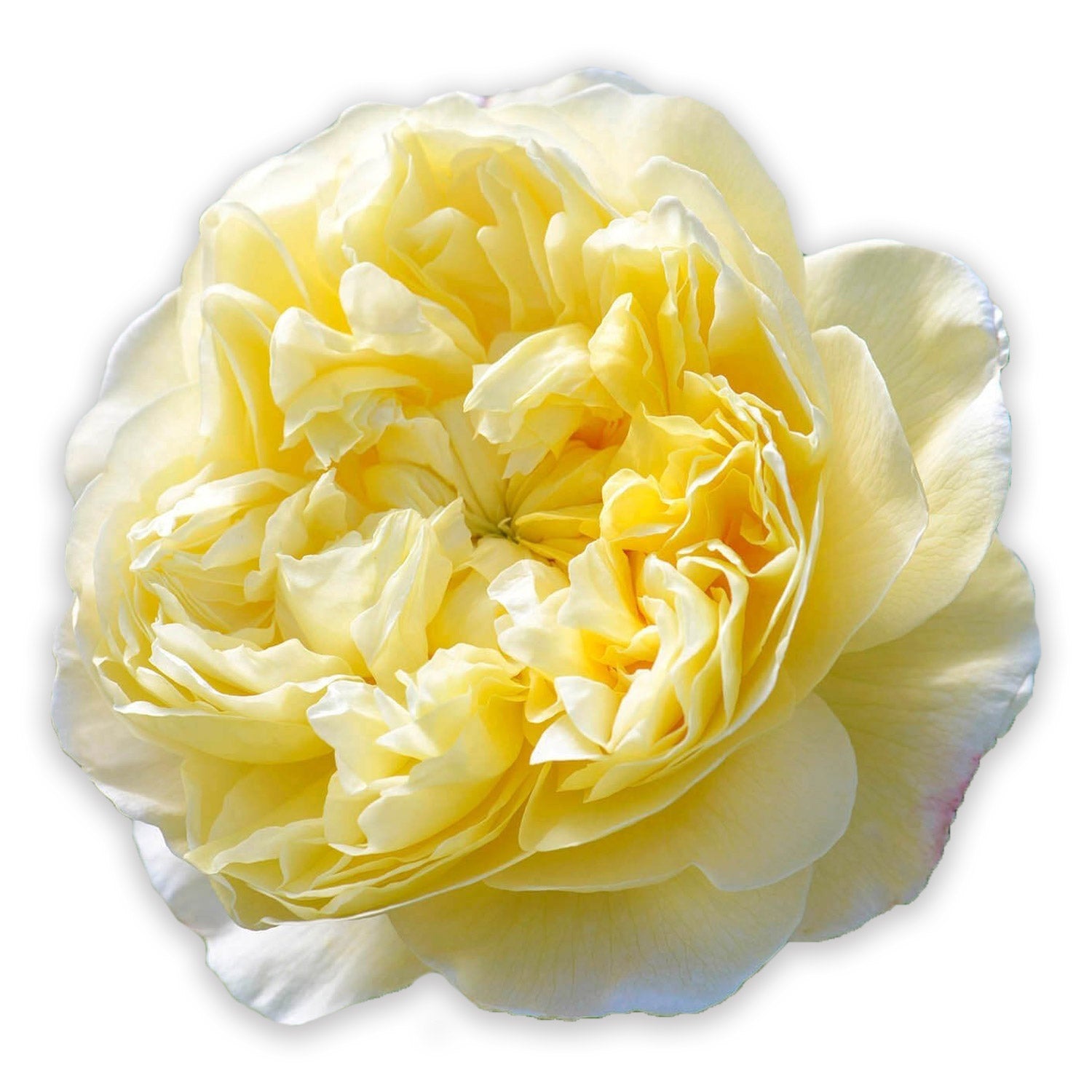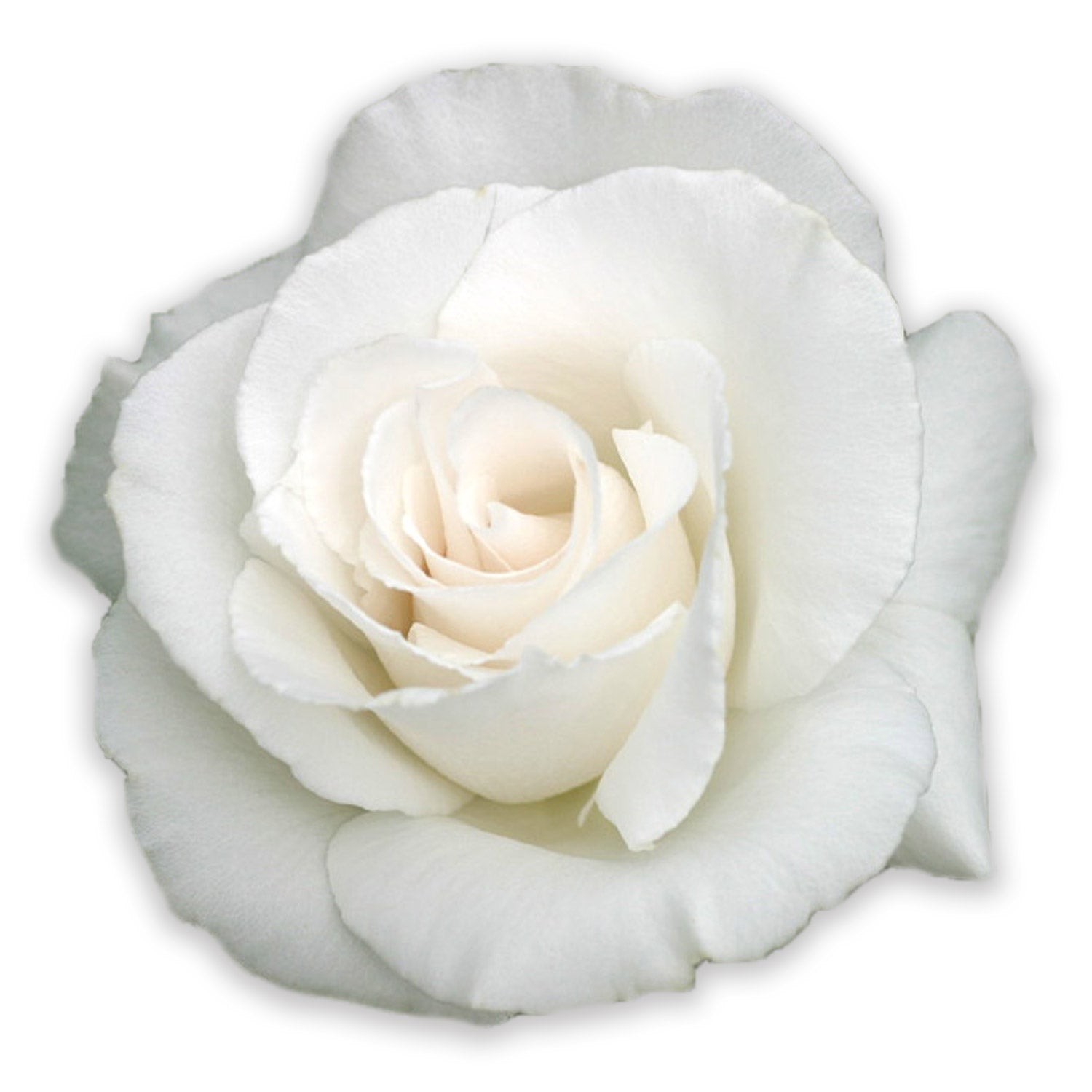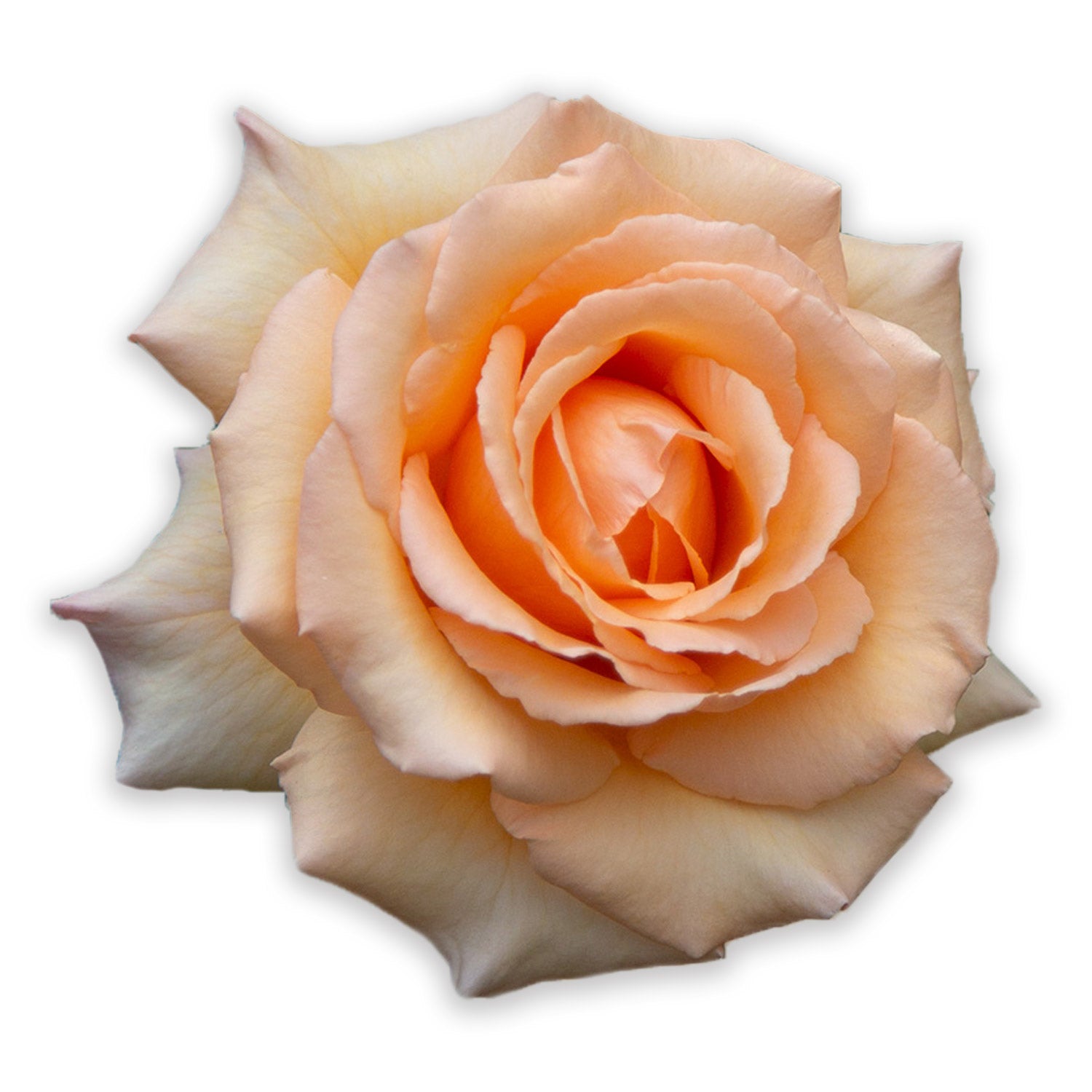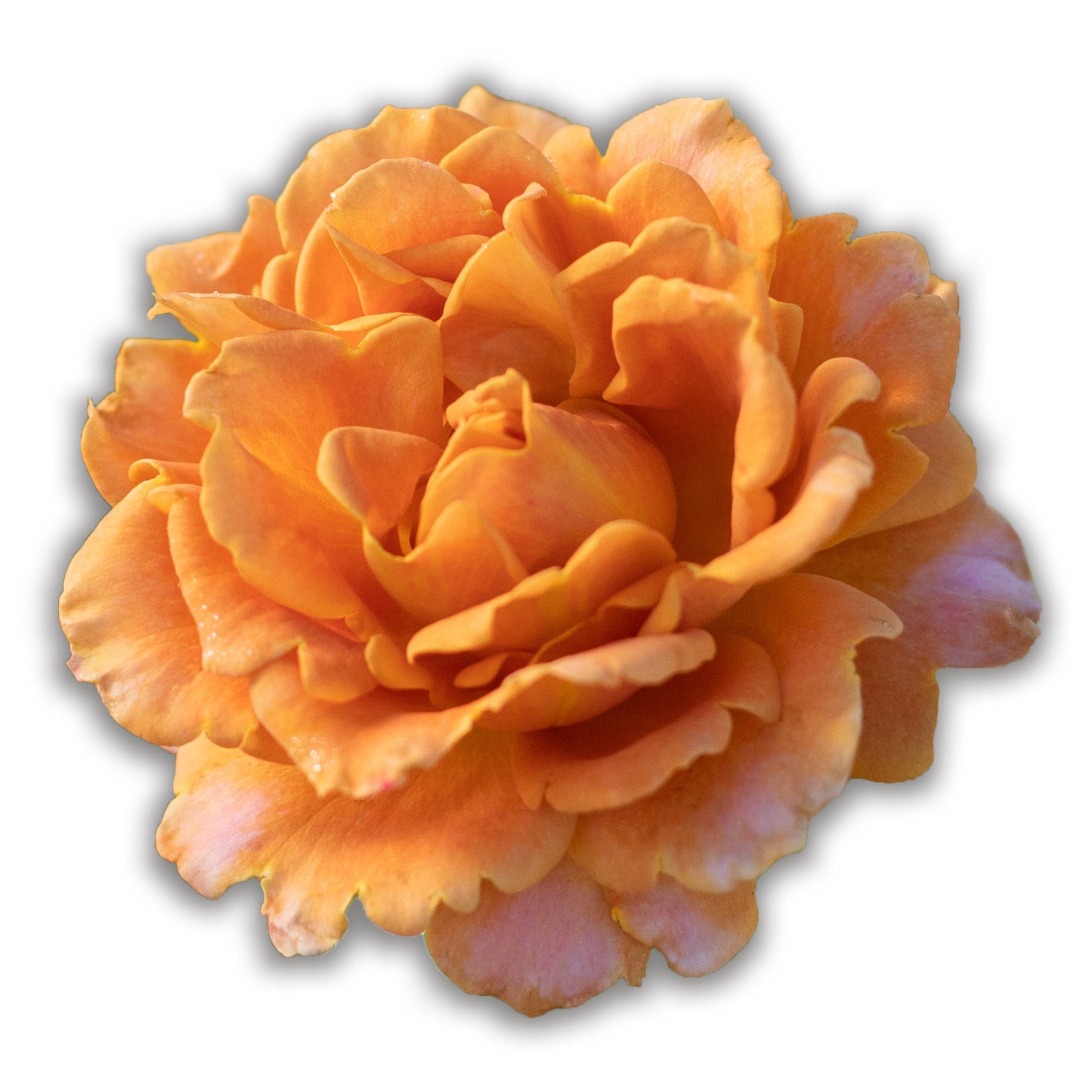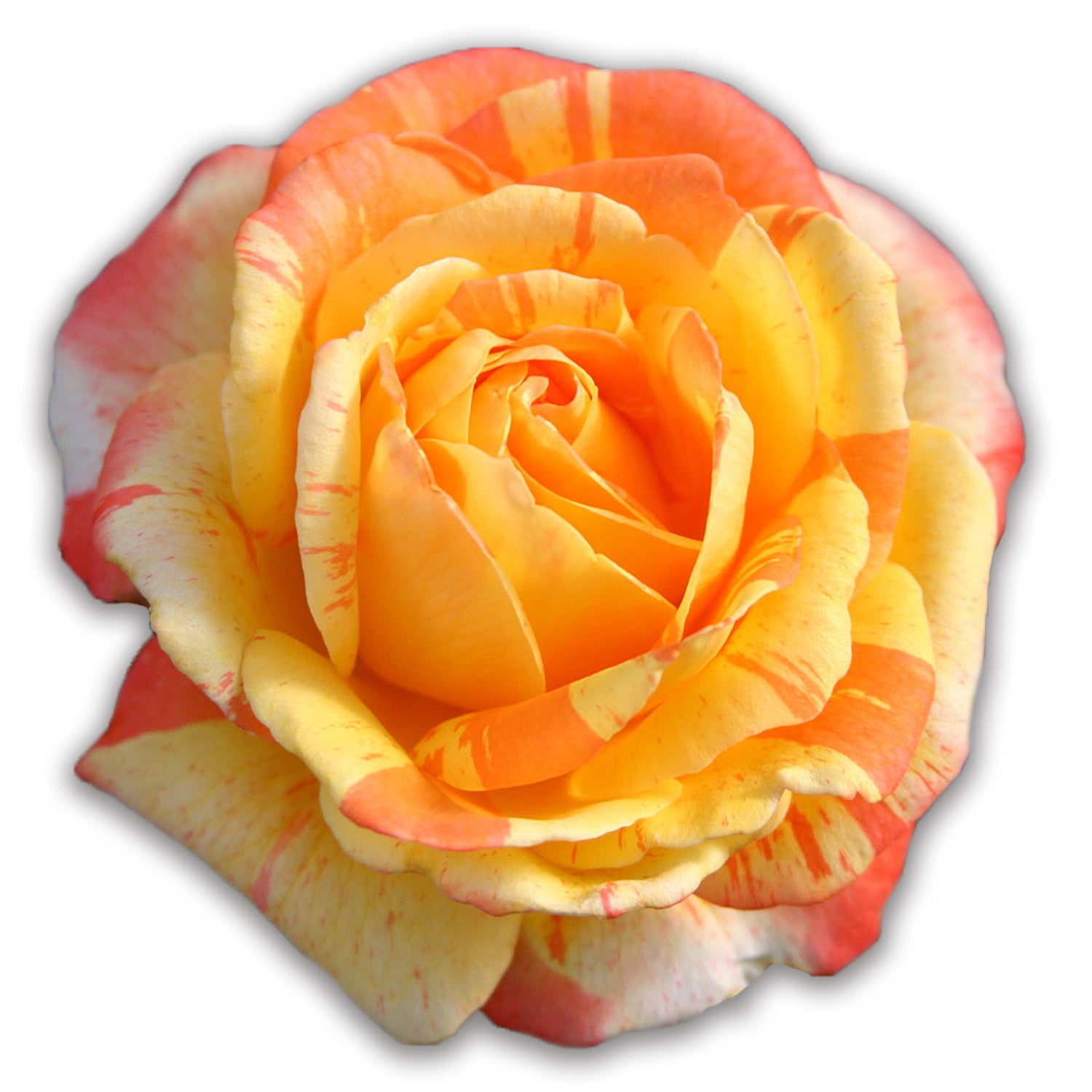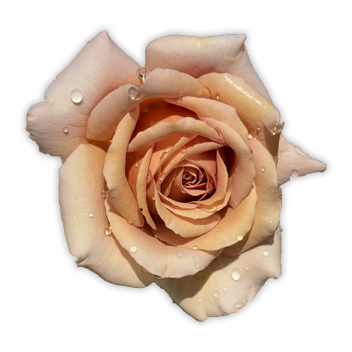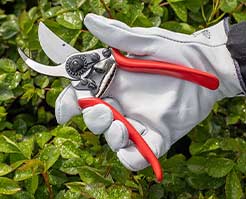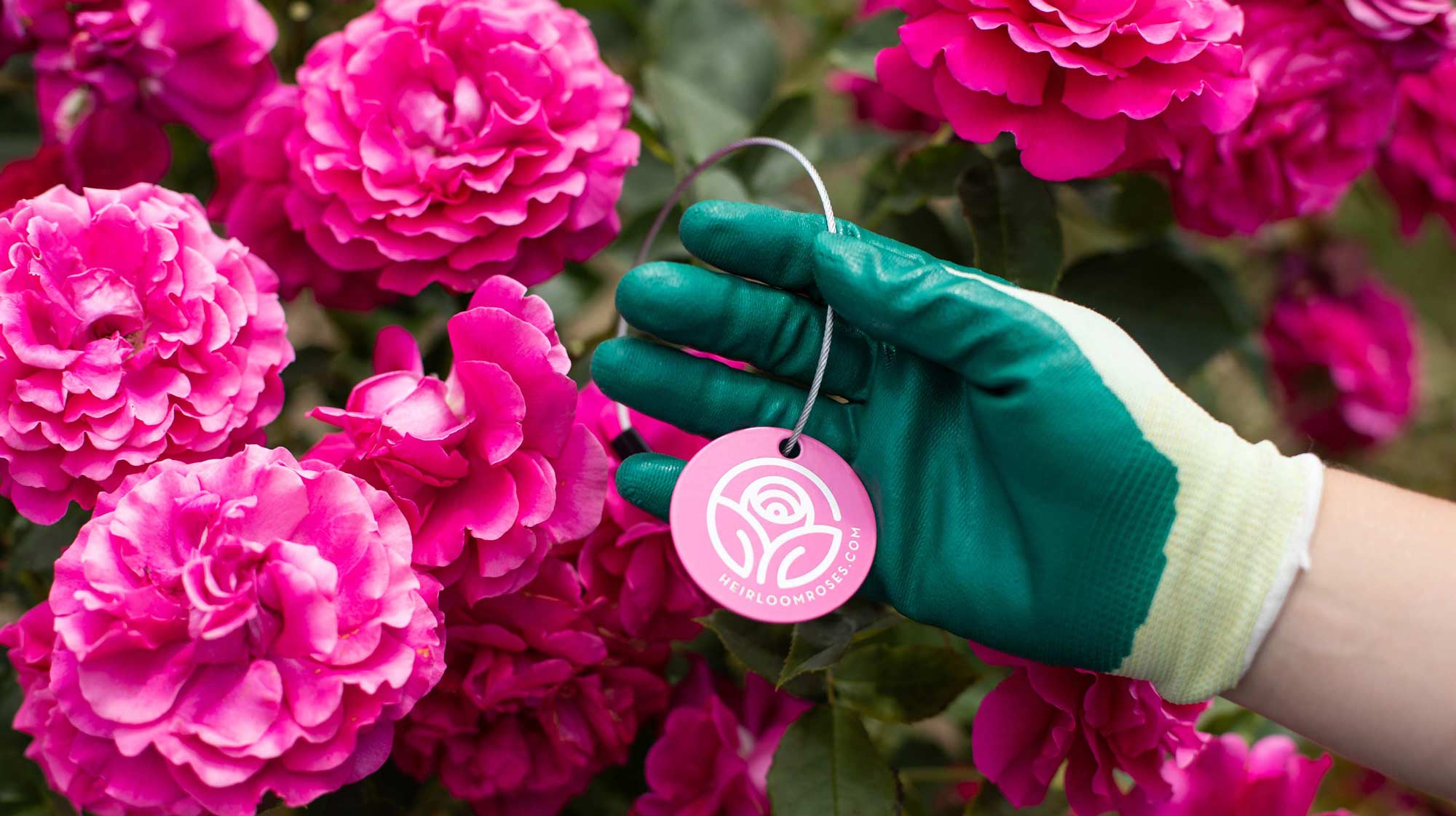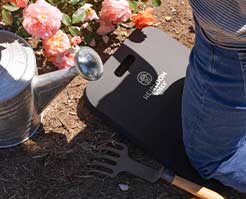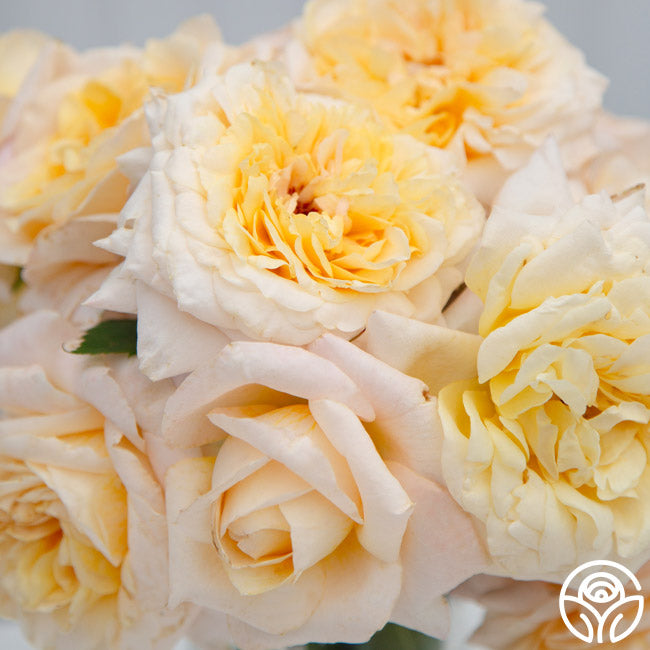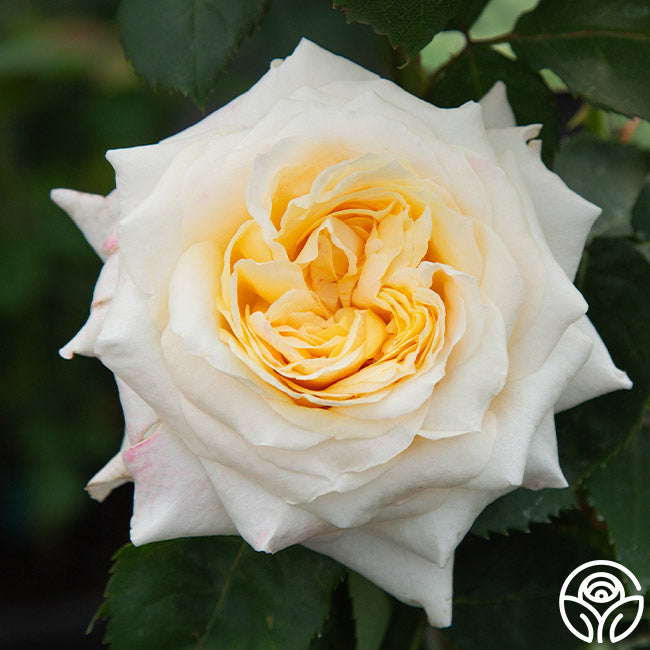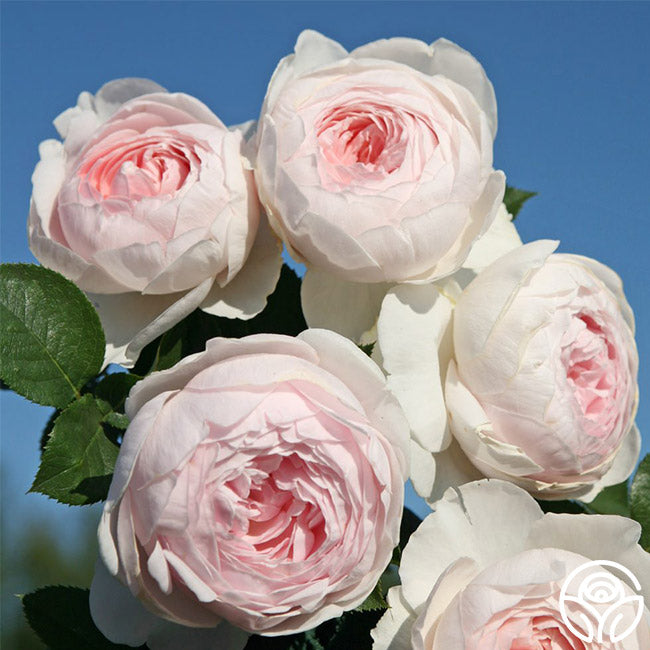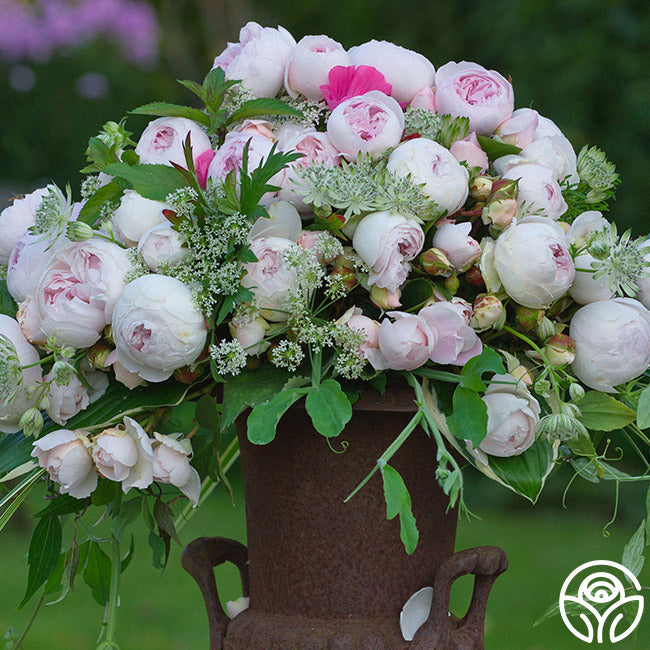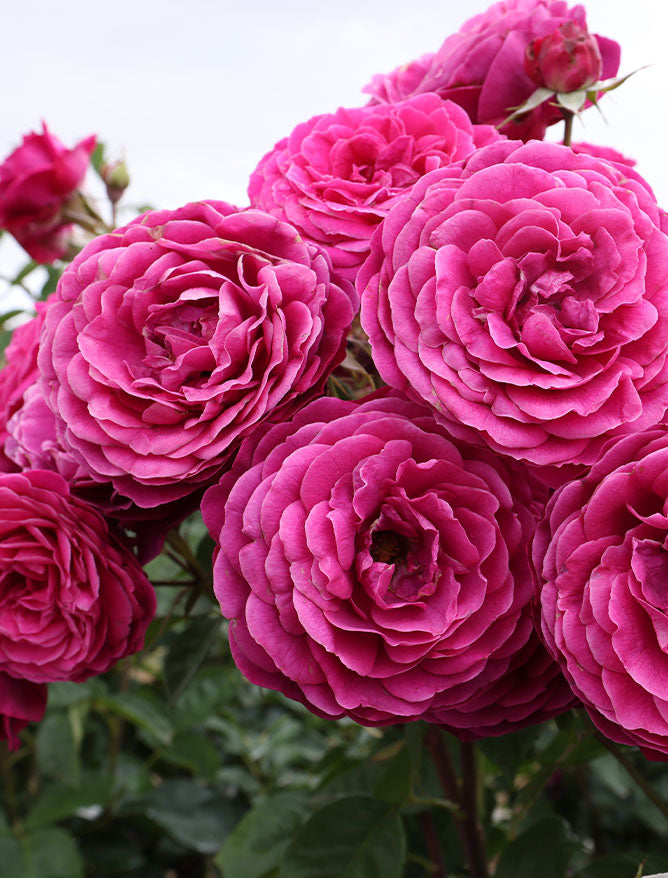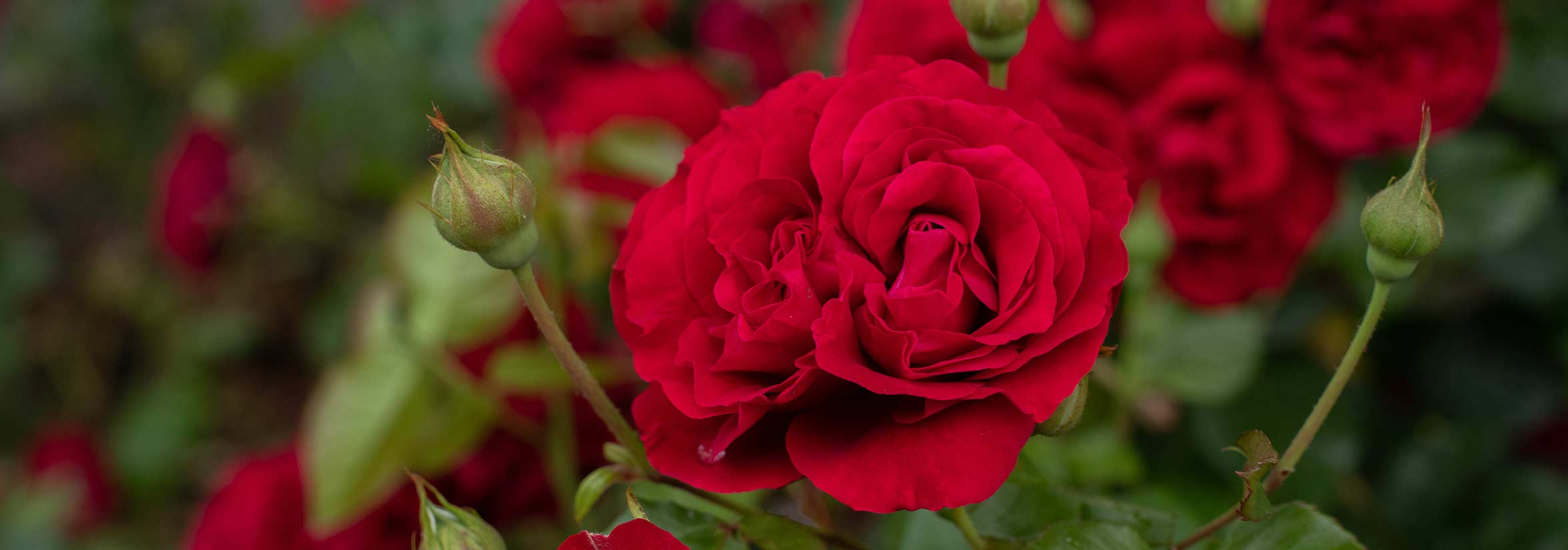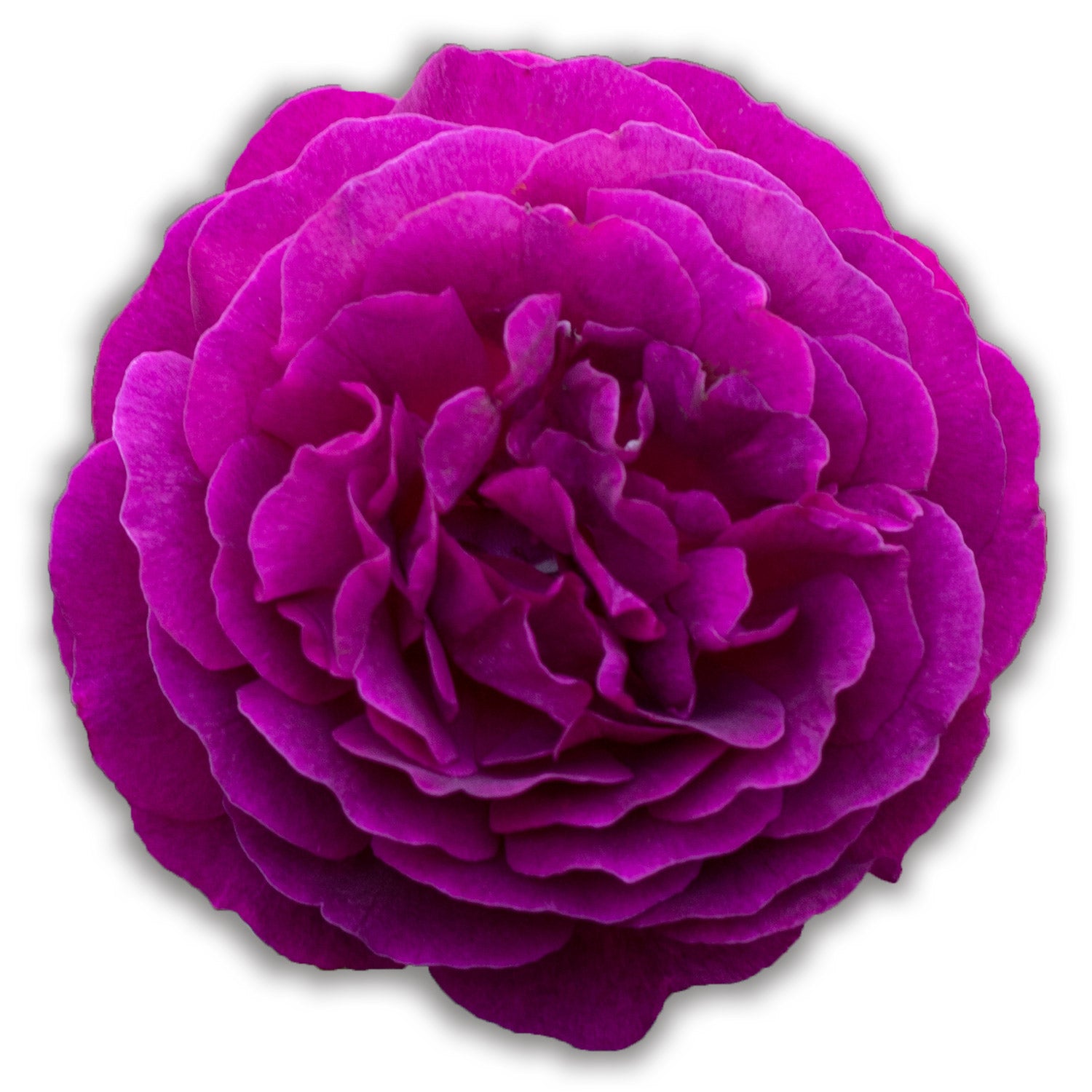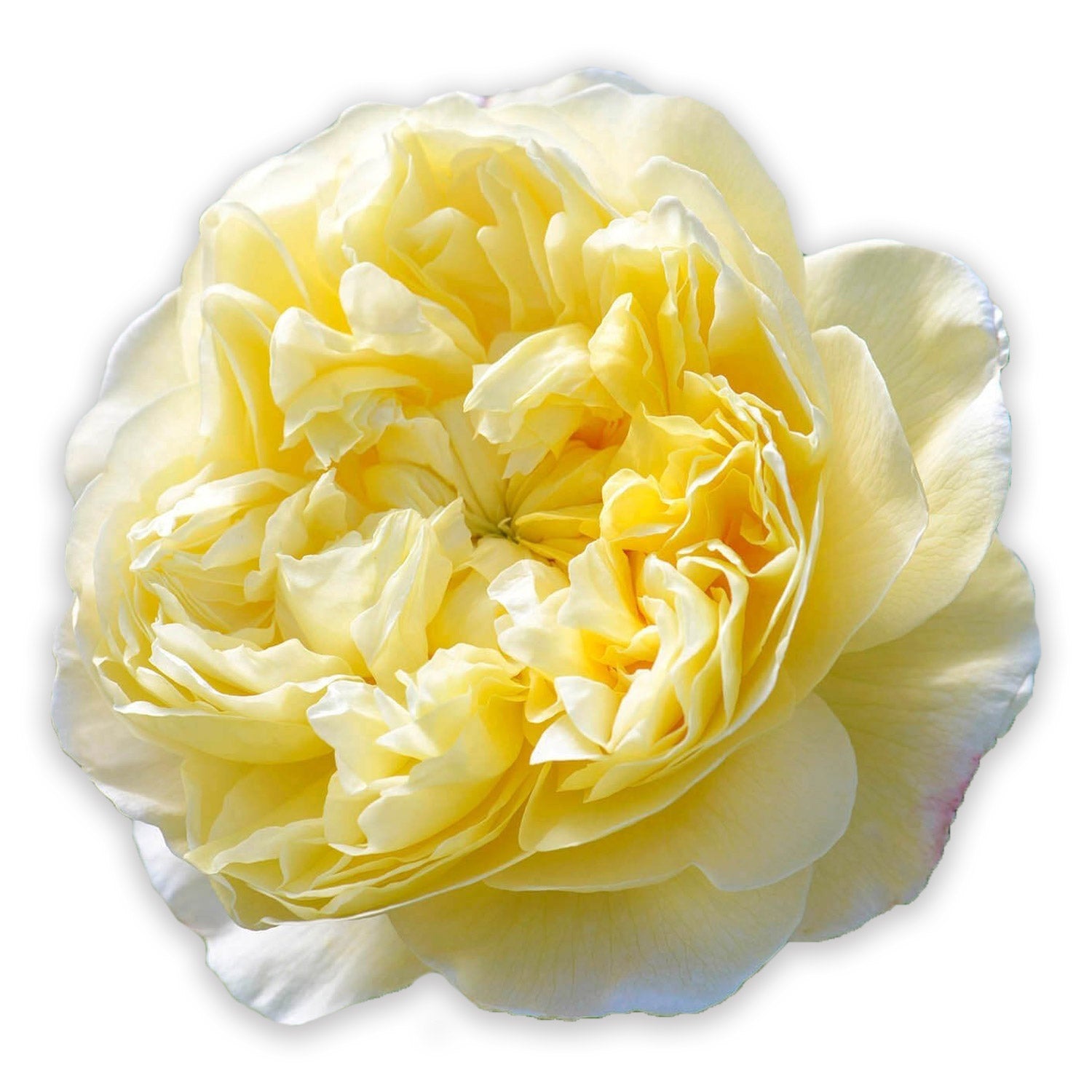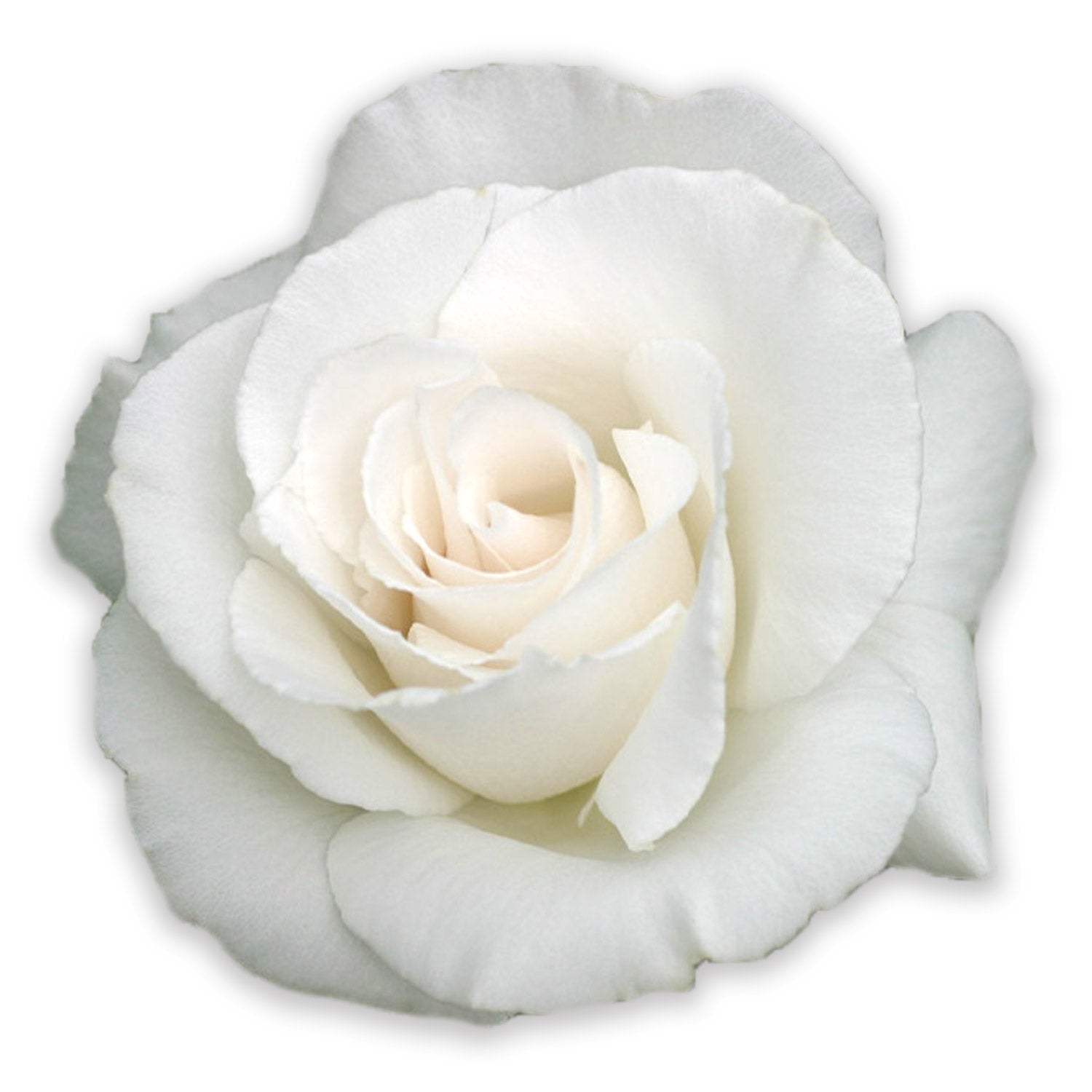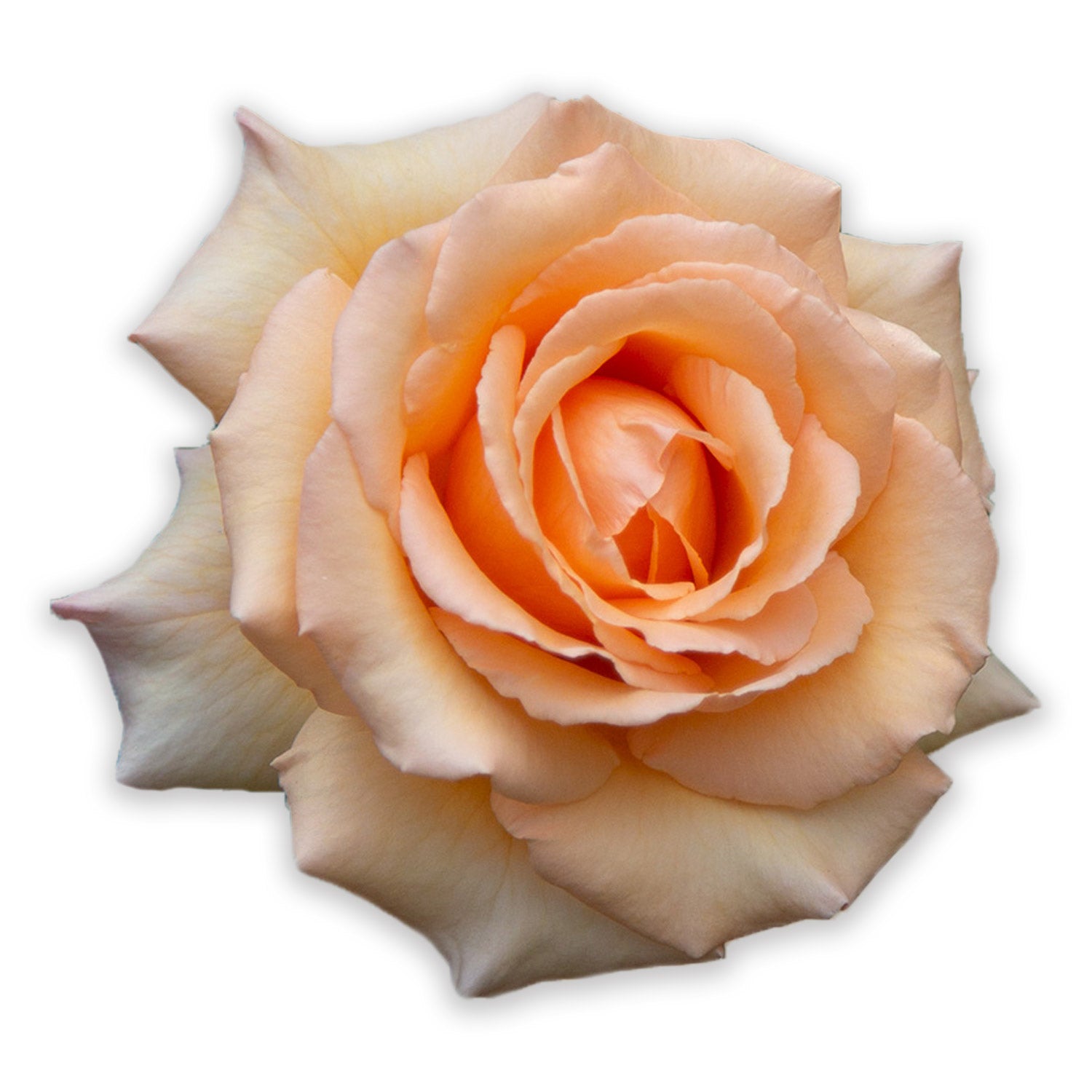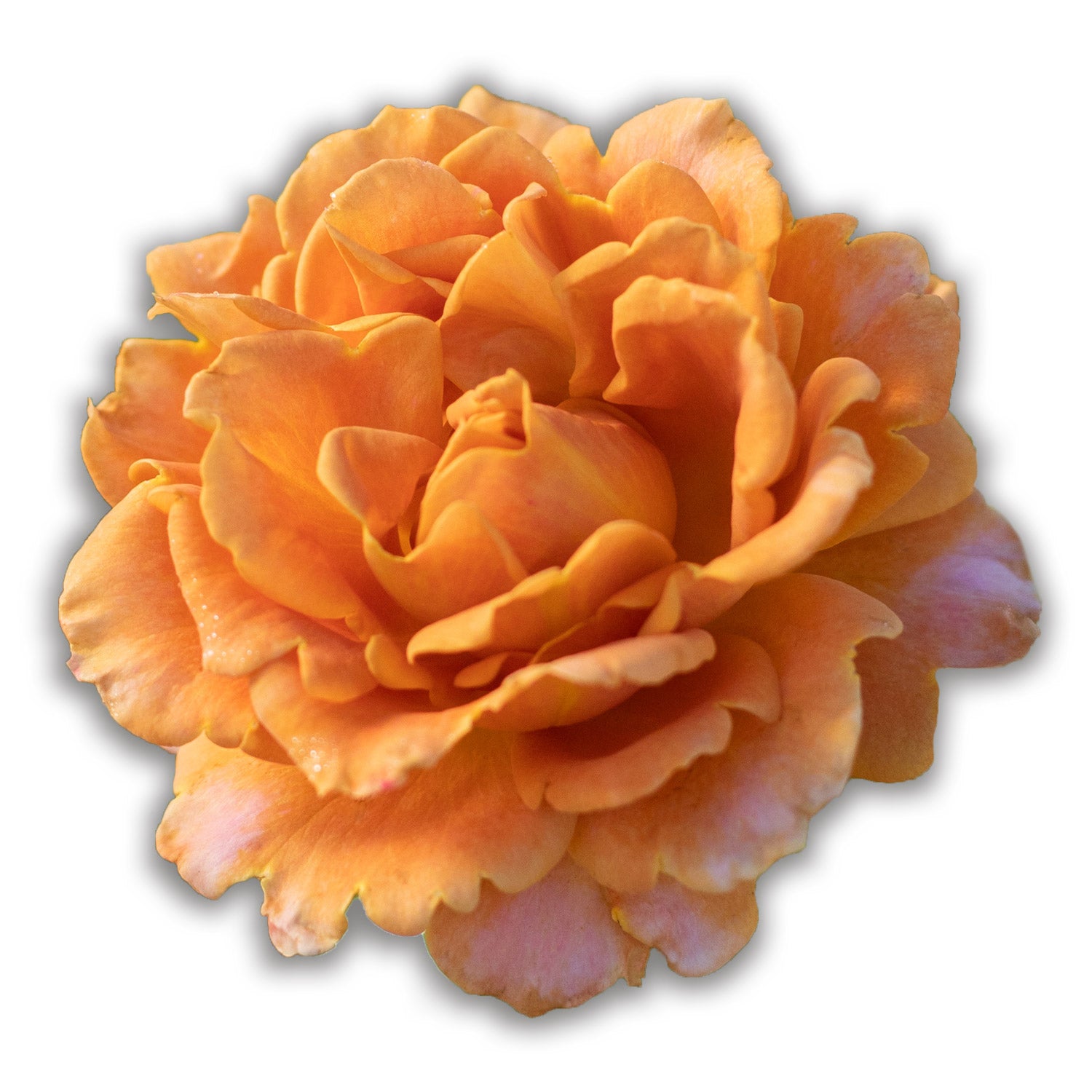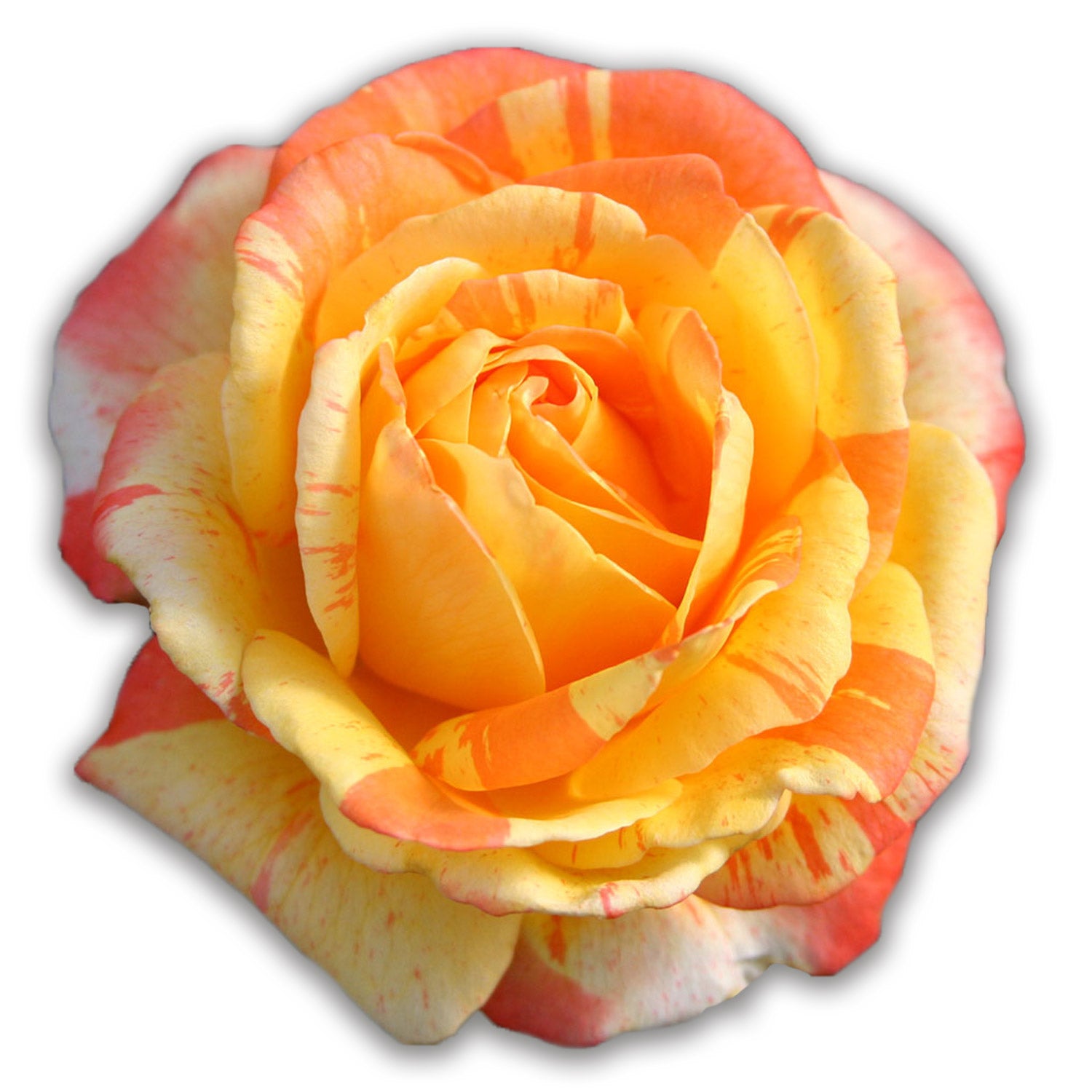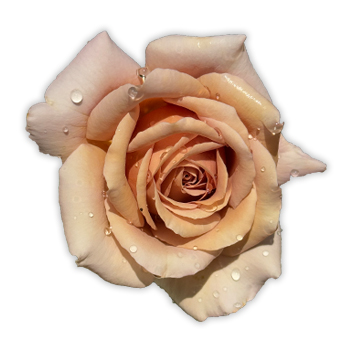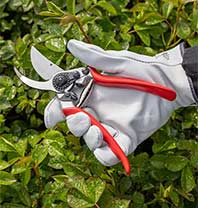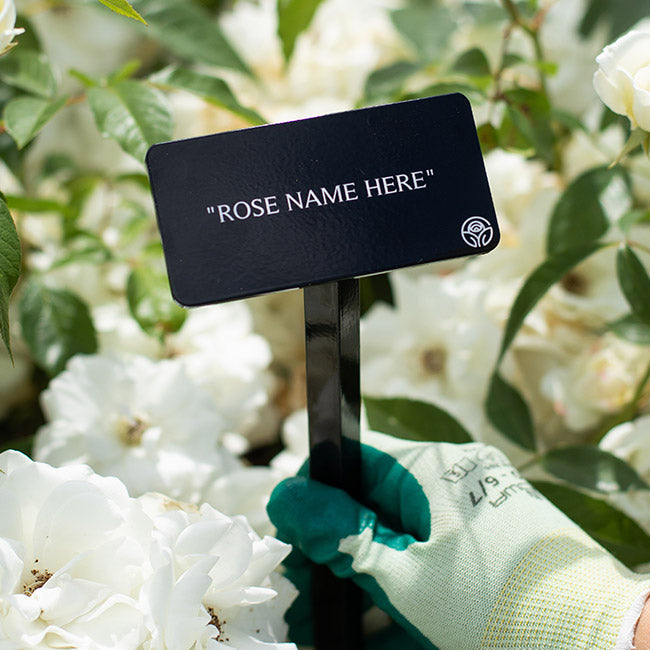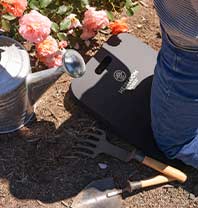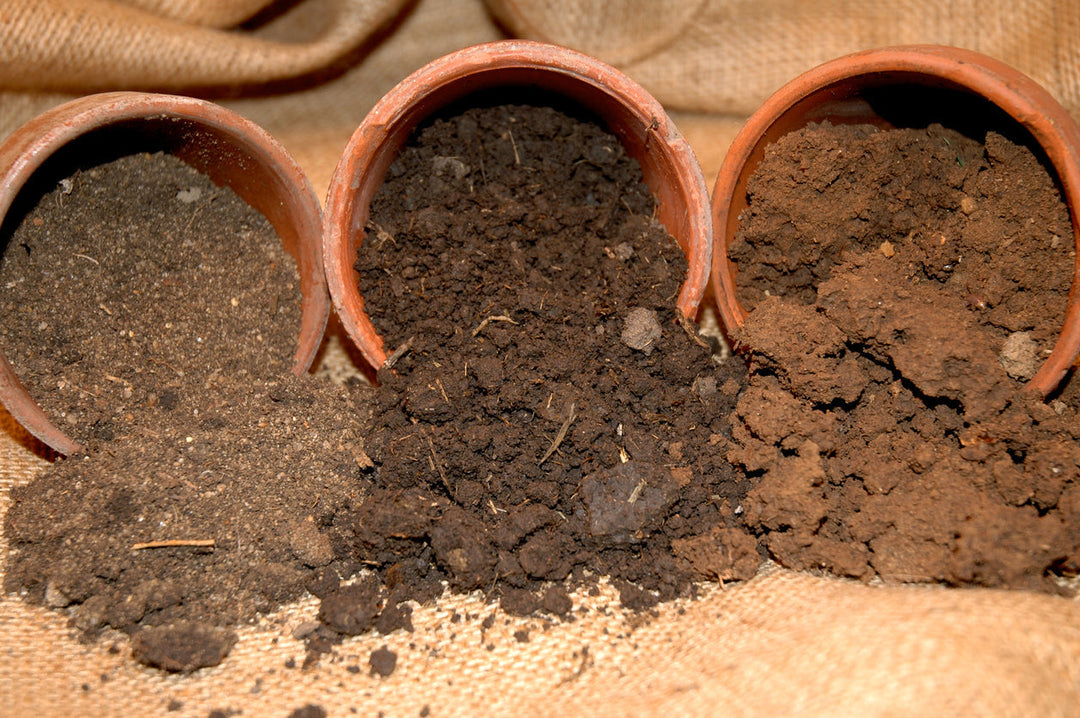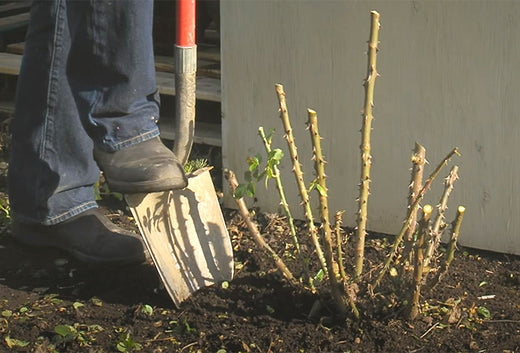Fertilize Roses
To produce lush foliage, vibrant blooms, and strong root systems, roses require a balanced blend of nutrients. Understanding the right fertilizer and proper feeding schedule can make all the difference in the health and beauty of your roses.
Understanding the N-P-K Ratio for Roses
All plants, including roses, need three primary macronutrients: Nitrogen (N), Phosphorus (P), and Potassium (K)—often listed on fertilizer packaging as the N-P-K ratio.
"Up - Down - All Around" is an easy way to remember what each nutrient does:
- Nitrogen (N) promotes leaf and stem growth above the soil.
- Phosphorus (P) strengthens root development below the soil.
- Potassium (K) supports overall plant health, disease resistance, and flower production.
How to Identify Nutrient Deficiencies in Roses
To ensure optimal growth, your roses need the right balance of nutrients. Here’s how to recognize deficiencies:
- Too much nitrogen leads to lush, leafy growth but few or no blooms.
- Too little nitrogen results in yellowing leaves, weak stems, and slow growth.
- Phosphorus deficiency causes dull, lackluster foliage, weak stems, and buds that fail to open.
- Potassium deficiency results in weak stems, small flowers, and yellow or brown-edged leaves.
Additional Essential Nutrients for Roses
Beyond N-P-K, roses benefit from micronutrients, including:
- Calcium (Ca) – Prevents weak stems and bud failure.
- Magnesium (Mg) – Supports chlorophyll production for rich green foliage.
- Iron (Fe) – Essential for deep-green leaves.
- Manganese (Mn) & Zinc (Zn) – Assist in nutrient absorption and overall plant vigor.
A balanced rose fertilizer should contain both macronutrients and micronutrients for strong, resilient plants.
Choosing the Right Fertilizer for Roses
Whether you prefer organic or synthetic fertilizers, selecting a high-quality rose fertilizer will ensure continuous blooms and strong root development.
All-Natural Fertilizers
All-Natural fertilizers are derived from natural sources like compost, manure, or plant-based materials. They improve soil health and support beneficial microbes. However, they release nutrients slowly and require consistent application.
Best Choice:
Founder's Fish Fertilizer – A premium all-natural liquid fertilizer that boosts plant strength and bloom production.
Best Choices:
OmniMeal Granular Fertilizer – The only granular fertilizer safe for use on first-year roses that won’t void Heirloom Roses’ One-Year Guarantee.
Synthetic (Inorganic) Fertilizers
Synthetic fertilizers provide a concentrated, fast-acting nutrient boost and are available in liquid, granular, or slow-release forms. While effective, they do not improve soil health over time.
Heirloom Boost & Bloom – Designed specifically for roses in their second year and beyond, this fertilizer enhances bloom production and supports overall plant vigor.
When & How to Fertilize Roses
Proper timing and technique ensure maximum nutrient absorption for your roses.
Spring & Summer (Active Growing Season)
Begin fertilizing when you see 4-6 inches of new growth and a leaflet with 5-7 leaves.
Use a liquid fertilizer every 4-6 weeks for first-year roses. Avoid granular fertilizers in the first season to prevent root burn.
Fall Fertilizing (Preparing for Winter)
Switch to low-nitrogen fertilizers like bone meal or rock phosphate to strengthen roots for next season’s blooms.
Stop fertilizing 6-8 weeks before your first frost to allow your roses to enter dormancy naturally.
If You Planted in Fall
Do not fertilize until spring, when your roses come out of dormancy.
Pro Tips for Fertilizing Roses Like an Expert
Roses grown in containers need more frequent fertilization with liquid fertilizers.
Mulch and compost can affect nitrogen levels. Increase nitrogen if needed to compensate for decomposition.
Soil conditions impact nutrient availability. Test pH levels (ideal range: 6.0-6.5) and amend soil as necessary.
If your roses still struggle despite correct fertilization, a soil test can help identify deficiencies. Check out Soil Amendments for targeted solutions.
Watch Your Roses—They’ll Tell You What They Need
By understanding rose nutrition, proper fertilization, and soil health, you can ensure strong, vibrant blooms and healthy plants all season long.
Need more guidance? Our Customer Care Team is happy to help. Call us at 1-800-820-0465 or explore our full collection of rose care products today.


